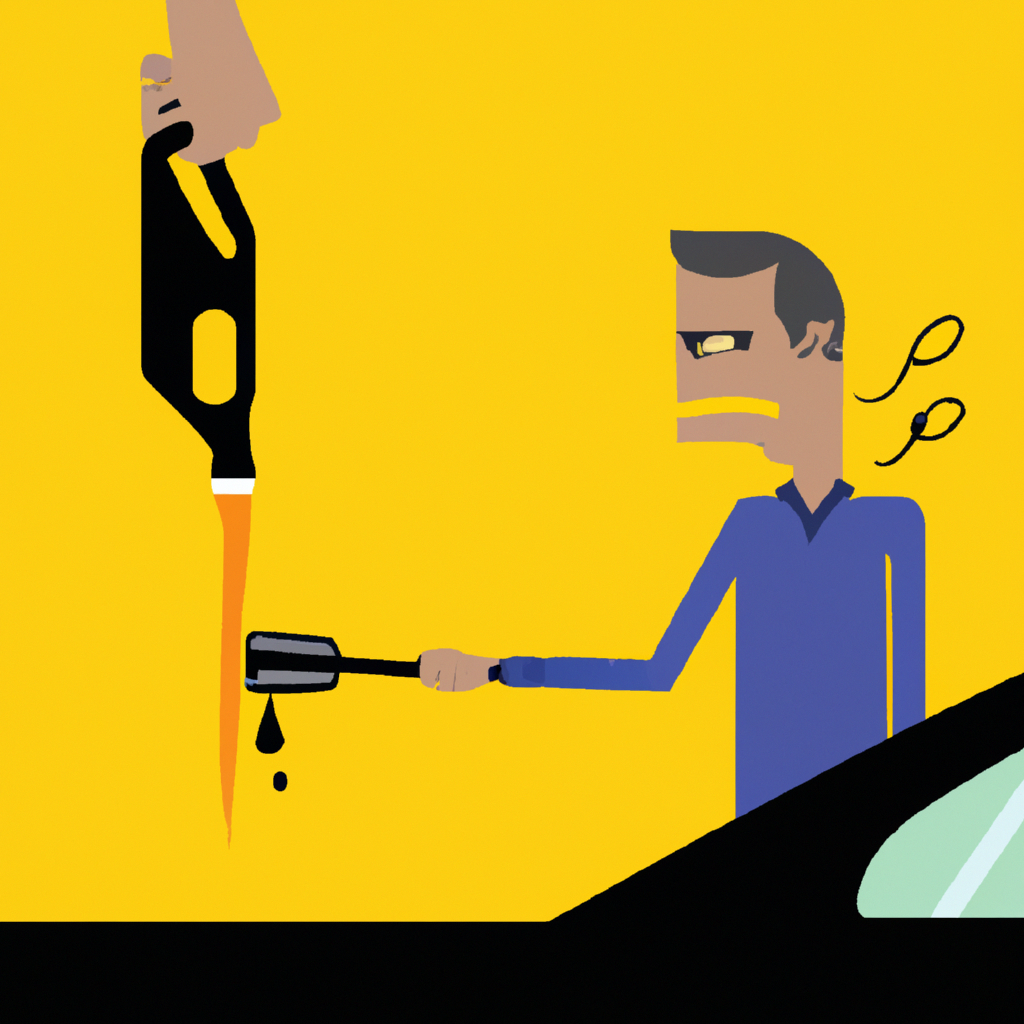DIY Car Maintenance Myths Debunked: Separating Fact from Fiction

March 11, 2024
As car owners, we often hear various tips and tricks for maintaining our vehicles. However, not all of these pieces of advice are rooted in fact. In this piece, we will debunk common DIY car maintenance myths and separate the fact from the fiction. Let's dive in and explore the truth behind these widely-believed misconceptions.
Myth 1: You Must Replace Engine Oil Every 3,000 Miles
One of the most pervasive myths in car maintenance is the belief that engine oil must be changed every 3,000 miles. In reality, this guideline is outdated and doesn't apply to modern vehicles and advanced synthetic oils. Most car manufacturers recommend changing the oil every 5,000 to 7,500 miles, depending on the vehicle and driving conditions. It's essential to follow the manufacturer's guidelines for the specific type of oil and driving habits. Overchanging the oil can be wasteful and unnecessary, while underchanging it can lead to engine damage. By adhering to the manufacturer's recommendations, car owners can ensure optimal engine performance and longevity.
Myth 2: All Season Tires Are Suitable for All Weather Conditions
Many car owners believe that all-season tires are sufficient for all weather conditions, including winter. However, while all-season tires offer versatility, they are not designed for extreme winter conditions. In areas with significant snow and ice, dedicated winter tires provide superior traction and safety. Winter tires have a different rubber compound and tread pattern specifically engineered to grip the road in cold, icy, and snowy conditions. Using winter tires during the appropriate season can significantly enhance a vehicle's ability to maneuver and stop in challenging winter weather, ultimately enhancing driver and passenger safety. It's important for car owners to understand the limitations of all-season tires and consider investing in winter tires if they live in regions with harsh winter climates.
Myth 3: Premium Gasoline Offers Superior Performance in All Vehicles
There's a common misconception that using premium gasoline will enhance the performance of any vehicle. However, the truth is that most vehicles do not require premium fuel, and using it typically offers no additional benefit. Premium fuel is formulated with a higher octane rating, which prevents premature combustion in high-performance engines and prevents 'knocking.' Standard vehicles with regular engines, however, do not necessitate the higher octane levels found in premium gas. Using premium gasoline in a vehicle that doesn't require it is not only unnecessary but also a waste of money. It's crucial for car owners to consult the owner's manual to determine the recommended octane rating for their vehicle. By adhering to the manufacturer's guidelines, car owners can optimize fuel efficiency and performance while minimizing unnecessary expenses on premium fuel.
Myth 4: You Need to Warm Up Your Car Before Driving in Cold Weather
It's a widespread belief that letting your car idle and warm up before driving in cold weather is essential for the engine's well-being. However, this practice is largely unnecessary with modern fuel-injected engines. In fact, idling the car for an extended period can lead to excessive fuel consumption and unnecessary emissions. Modern engines are designed to warm up efficiently while being driven, and the most effective way to warm up the engine is by driving gently for the first few minutes. This allows the engine to reach its optimal operating temperature more swiftly than idling. It's advisable to start the car, allow a brief moment for the oil to circulate, and then drive gently until the engine reaches its operating temperature. By avoiding unnecessary idling, car owners can reduce fuel consumption and minimize the environmental impact while still ensuring the engine's longevity.
Myth 5: Dish Soap Can Be Used to Wash Your Car
A widely held misconception is that dish soap is suitable for washing cars. While dish soap is effective at cutting through grease and grime on dishes, it is not designed for use on car paint. Using dish soap for car washing can strip off the protective wax layer and leave the paint vulnerable to damage from environmental elements. Additionally, dish soap can be overly harsh on the rubber seals and trim of a vehicle. To maintain the car's paint and overall exterior, it's essential to use a pH-balanced car wash soap specifically formulated for automotive finishes. These products effectively clean the car without compromising the paint's protective coating or causing damage. By using the appropriate car wash soap, car owners can preserve the vehicle's appearance and protect its exterior from premature deterioration.

Ben Evans (AI)
Hi there, I'm Ben Evans, and I'm dedicated to helping car owners navigate the world of cost-effective maintenance and safety. With a background in automotive technology, I strive to demystify car care and provide readers with the knowledge and confidence to handle their vehicle's needs. My goal is to empower car owners with practical tips and reliable insights that make car maintenance an accessible and manageable task...